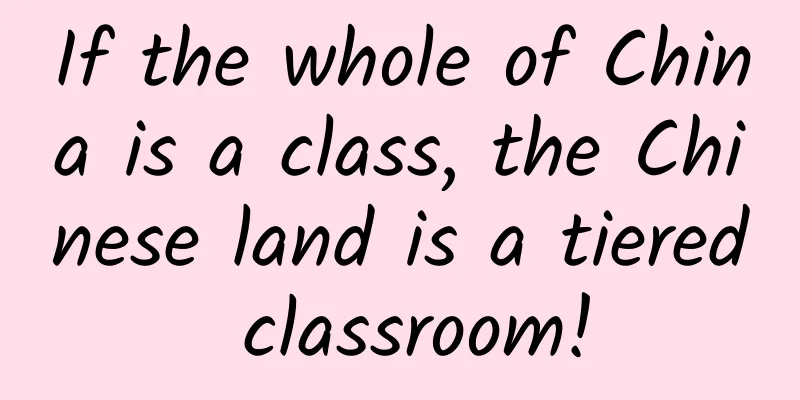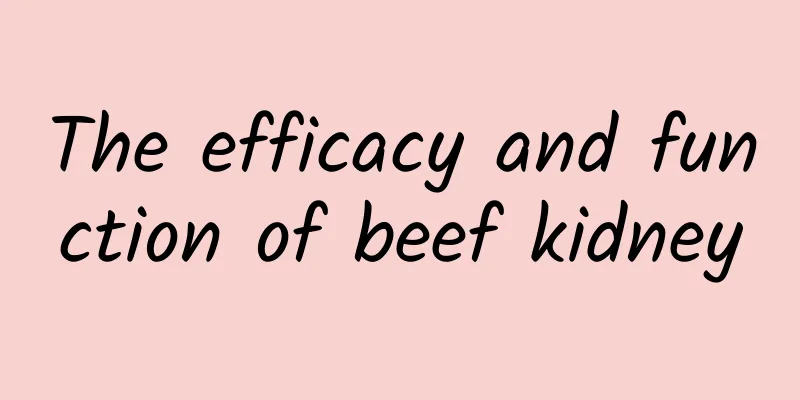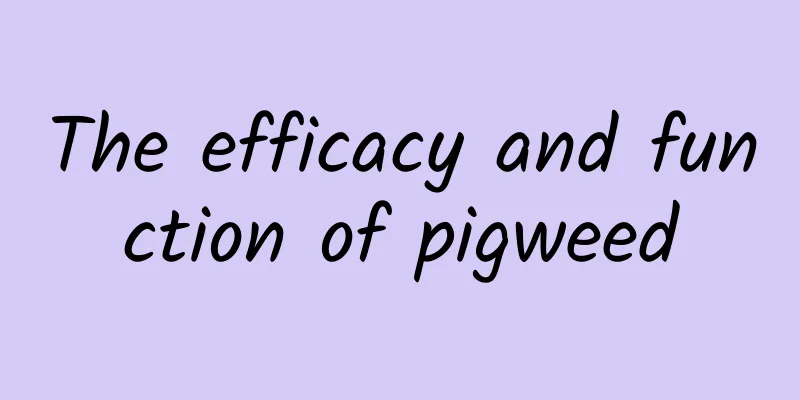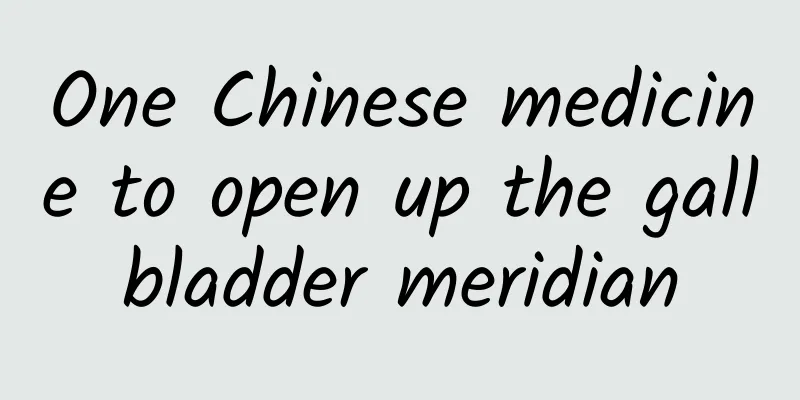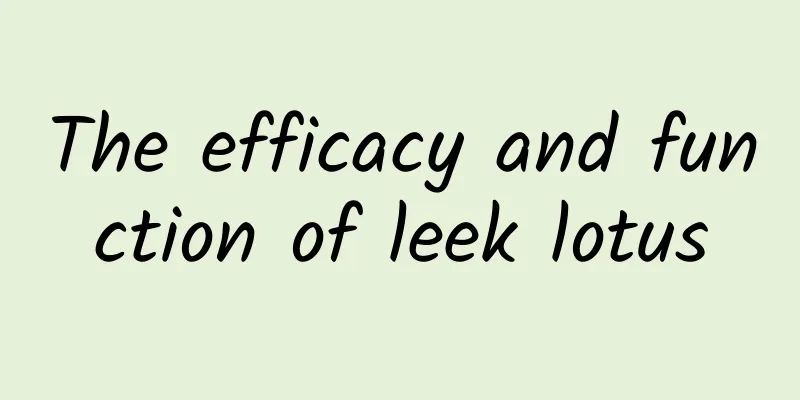Can I still eat Chinese medicine if it has worms?
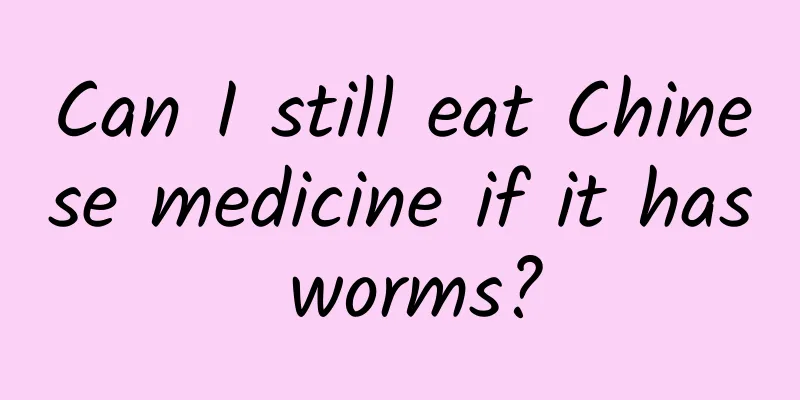
|
Compared with the quick effect of Western medicine, more people now choose traditional Chinese medicine that treats the root cause. As a result, many Chinese medicines are generally prescribed. Chinese medicinal materials are not like Western medicines. They are sealed and can be stored for a long time. Therefore, if they are forgotten or stored improperly, they are easy to get worms in damp conditions. For these Chinese medicines with worms, should they be eaten or thrown away? It would be a pity to throw them away, but if they are eaten, I don’t know if they are still edible. Let’s talk about whether Chinese medicines with worms can be eaten? If there are few herbs with insects, you can freeze them in the refrigerator for 1-2 days to kill the insects, or dry them in the sun at 50 degrees. If there are many herbs with insects, you can fumigate them with aluminum phosphide. Never use pesticides or insect repellents. Generally, Chinese herbal medicines get infested with insects because they are stored in an improper place, become damp or moldy, or because some Chinese herbal medicines are sweet, such as Chuanxiong, which has a better taste and insects like it. Generally speaking, as long as it is not spoiled, you can still eat it after cleaning the bugs and drying it in the sun. However, if you find that the Chinese medicine has become moldy or spoiled, you must never eat it. Not only will it be ineffective, it may also be toxic. Regarding whether or not medicines with insects can be eaten, there is a saying in traditional Chinese medicine that goes, "Medicine may be eaten by insects, but its properties remain." This means that even if the medicine is eaten by insects, its medicinal properties are still there and it generally does not affect its efficacy or produce any adverse reactions. However, if it is moldy, it cannot be eaten. The following points should be noted when preserving Chinese medicine 1. Generally speaking, medicinal materials are best stored in the refrigerator, especially precious medicinal materials, such as Cordyceps sinensis and bird's nest, which can prevent both insects and moisture. 2. To prevent insect infestation and mildew, use the "antagonistic storage method" to reasonably match medicinal materials. For example, putting medicinal materials with spicy aroma such as pepper, star anise, cinnamon and certain medicinal materials together can prevent insect infestation and mildew. For example, store pepper together with gecko and seahorse; store moutan bark together with yam and atractylodes, etc. 3. Moisture-proof. Some medicinal materials should be dried in the sun to remove moisture and then stored in sealed bottles to prevent discoloration and loss of taste. However, Astragalus membranaceus, dried tangerine peel, Chinese angelica, and Chinese yam should not be exposed to the sun. Exposing Astragalus membranaceus and Chinese yam to the sun will change the color of the medicinal materials. They can be dried by the "baking" method. Exposing dried tangerine peel and Chinese angelica to the sun will cause the smell of the medicinal materials to dissipate, so they should be stored in the refrigerator. |
<<: The medicinal value of the nine-headed insect
>>: How to recover from weight gain after taking Chinese medicine
Recommend
July 1st Party Founding Day, learn how the Communist Party of China was founded
Mixed Knowledge Specially designed to cure confus...
How can the elderly prevent lower extremity venous thrombosis? What symptoms indicate lower extremity venous thrombosis?
During the ward rounds today, 65-year-old lung ca...
Effects of Coptis chinensis
Coptis chinensis is a medicine that everyone know...
How far does Greater Beijing have to go to become a “zero-waste city”?
The accumulated stockpile of various types of sol...
She was considered to win the Nobel Prize and said "I do" three times for her country
1964 Lop Nur in Xinjiang China's first atomic...
I ate two zongzi and vomited all night! Urgent reminder: Don’t eat zongzi like this!
How many rice dumplings did you eat yesterday? No...
Why can’t I fall asleep even though I’m so tired?
Although many people suffer from insomnia, few pe...
This "gray vegetable" can actually clear away heat, detoxify, lower blood pressure and relieve pain
The consumption history of gray-gray vegetables i...
What are the medicinal values of dung beetles?
When it comes to dung beetles, many people don’t ...
Who is not suitable to eat Panax notoginseng powder?
In daily life, there are many herbal plants that ...
How to preserve bird's nest
As we all know, bird's nest is precious and e...
What are the effects and functions of Magnolia officinalis flower?
Magnolia flower is a wild plant Chinese herbal me...
The efficacy and function of sand red willow
Many people are very familiar with Tamarisk. The ...
How to consume Astragalus
People with poor physical fitness are very famili...
How much wolfberry should be consumed every day?
With the rapid economic development and the conti...
